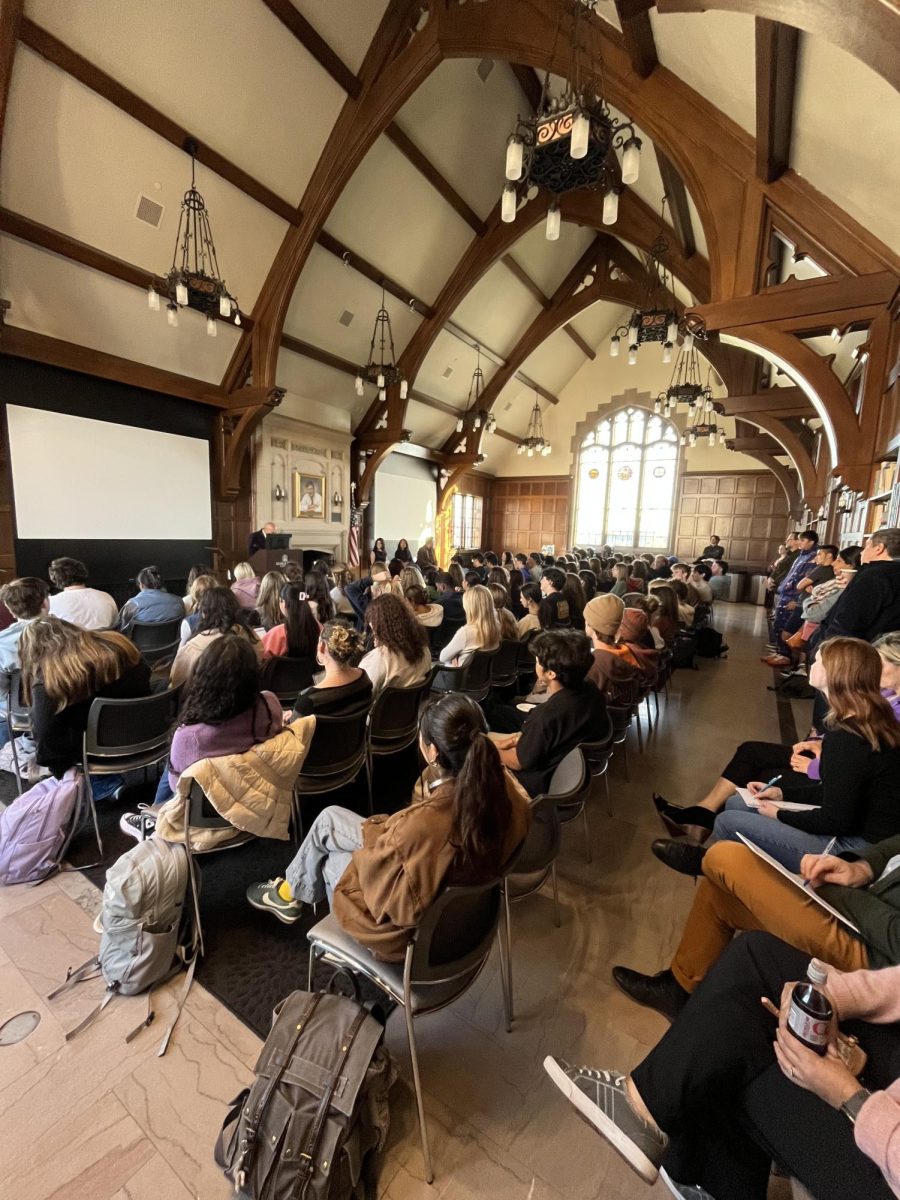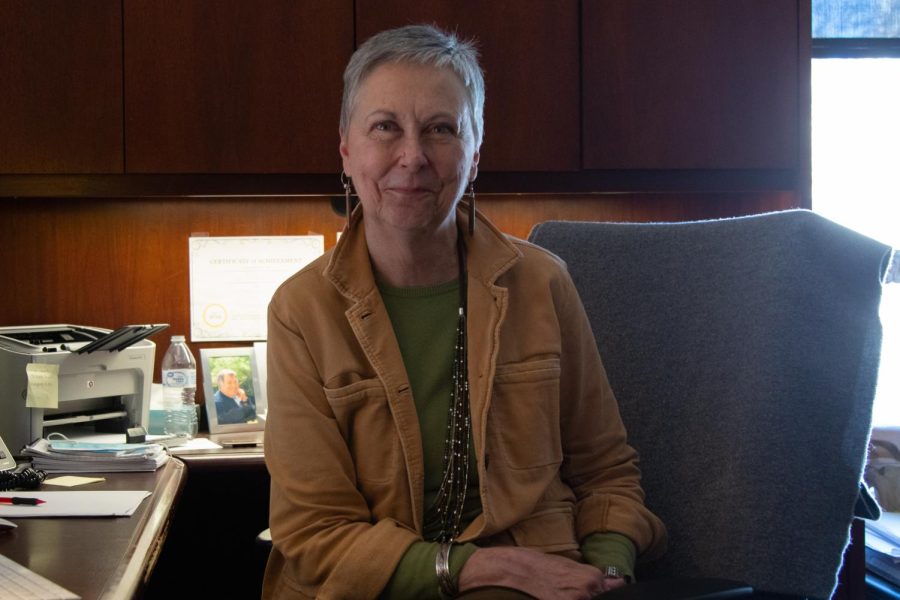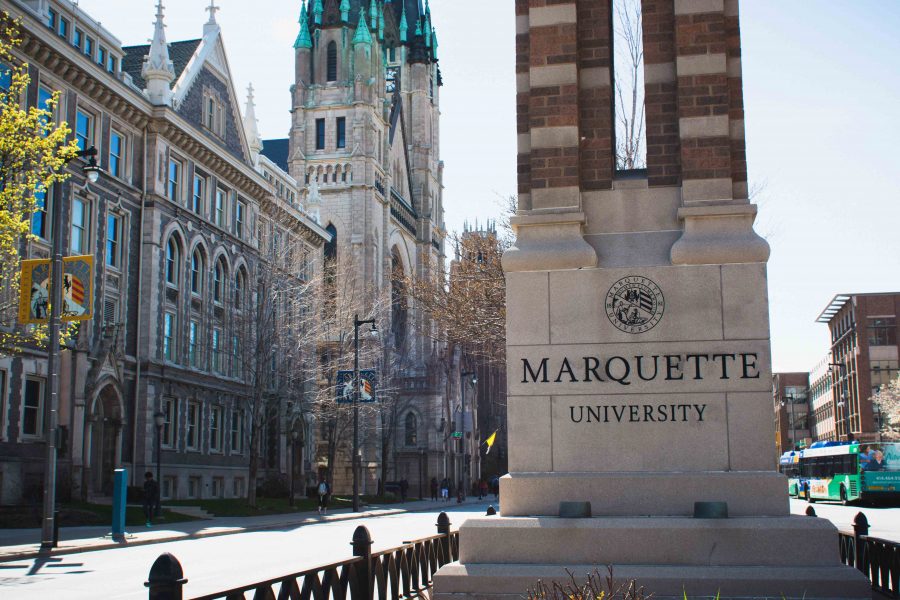
Marquette uses the motto “Be The Difference” to inspire its students to make a positive change in the world. On Tuesday afternoon in the Weasler Auditorium, author and former New York Times columnist David Bornstein reinforced this message in his lecture “Solutions Journalism: Responsibility, Entrepreneurship, and Change.”
Solutions journalism focuses on telling stories about people and organizations working to solve social problems. While media outlets often focus on stories about the worst aspects of issues like poverty and crime, solutions journalism seeks to show readers how people are making positive change. Bornstein hopes writing about solutions will inspire more people, especially college students, to create social change.
“(Solution journalism) means reporting on not just problems, but on the creative responses that are being generated to address those problems,” Bornstein said.
Bornstein became interested in solutions journalism during his time as a reporter. He was writing for the newspaper Newsday when he came across an article about Grameen Bank. The bank, located in Bangladesh, gives microloans to those in poverty without requiring repayment. The bank survives by relying on villagers to repay the loans not because they are required to, but because they feel a moral obligation to pay the bank back so others can benefit from its service.
“I was kind of tired of doing the reporting I was doing,” Bornstein said. “I had one particular murder that I covered in New York that really disheartened me. It made me question my role as a journalist. When I heard about the Grameen Bank I was excited about it. I thought it was an interesting idea.”
Bornstein went to Bangladesh to learn more about Muhammad Yunus, the founder of the bank, and how the bank used microfinances to improve the quality of life in the village. This five-year project resulted in his book “The Price of a Dream: The Story of the Grameen Bank.”
“Through that process, going to Bangladesh, spending five years writing this book about microfinance, I came to see that there is a really important role for journalists in drawing attention, making visible, the creative responses to social problems like poverty,” Bornstein said.
He went on to highlight the importance that Marquette places on social innovation and the effect it can have on students who are struggling to decide on a path after graduation.
“There is a real push here at the university to really focus on social innovation, to make it a core part of the university’s focus and mission,” Bornstein said. “So that students … are really exposed and perhaps really interested in the field of social innovation and social entrepreneurship (when they graduate).”
Bornstein emphasized that “it’s not just people doing terrible things that are hidden from view; it’s people doing remarkable things that are hidden from view.”
“If you’re someone who likes the news or reads the news, insist that the news improves,” Bornstein said. “If you write letters to the editors, if you badger the editors of newspapers, they will change their coverage. You have power.”








